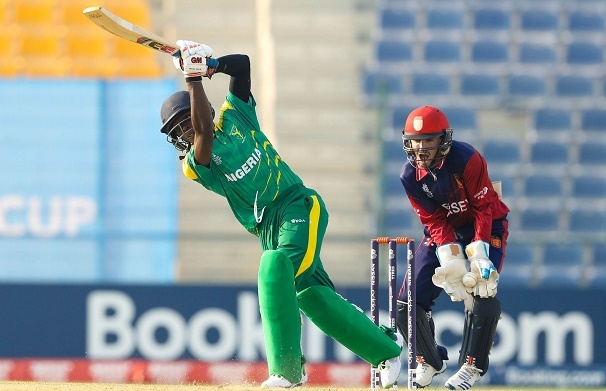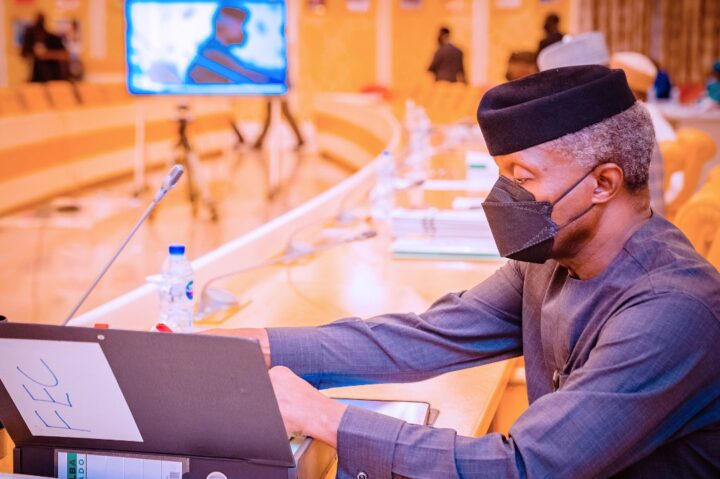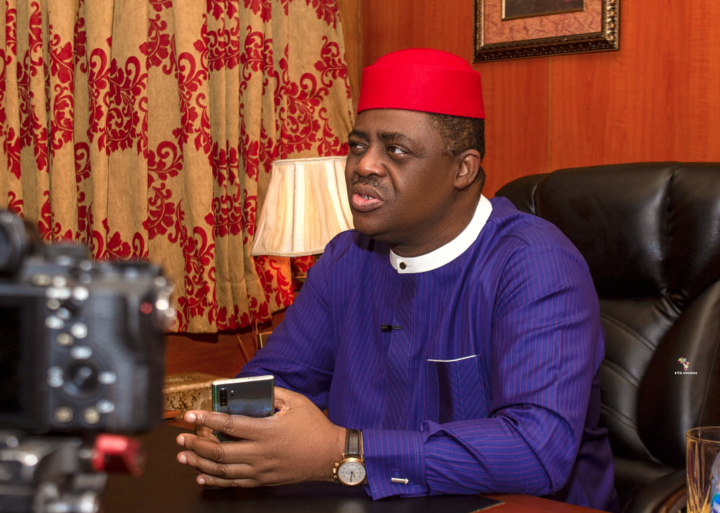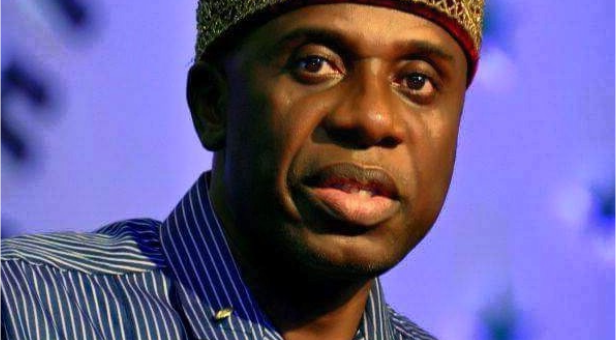Australia beat Nigeria in U-19 Cricket World Cup opener
Nigeria’s senior cricket team, Yellow Greens, offered credible hope going into the recent T20 World Cup Qualifiers in Kigali, Rwanda. The team had given promise a few months back at a Ugandan series, signaling a new beginning after prior uncertainties. But a bigger promise came after the six-match series with Sierra Leone hosted in Lagos in late October when the Nigerians swept off their guests 5-1. Notwithstanding that the Ugandan, Kenyan, and Tanzanian hurdles awaited the Yellow Greens in Kigali, the hope of a remarkable performance still pervaded the Nigerian camp.
At the competition, however, reality lurked. It soon became apparent that insufficient exposure would deal the Yellow Greens devastating blows. The team had played Sierra Leone, a far lesser opponent in ranking, in a six-game preparation that was not enough to withstand the Kigali rigours which saw a more experienced Uganda pick the sole T20 World Cup ticket on offer. Despite having the veteran duo of Ademola Onikoyi and Segun Olayinka who have been in the team since the mid-2000s, the Nigerians were still no match for the trio of Uganda, Kenya and Tanzania, all of who packed hugely experienced players in their squads. The chasm between Nigeria and others was too obvious for comfort. Not even the tremendous fan base which saw the Yellow Greens attracting the most spectators to their games could save them from all-round defeat which, interestingly, has become a veritable learning curve. It has to be said that injury dealt a major blow to Nigeria’s ambition in Kigali after knee and ankle issues ruled out fast bowler Rasheed Abolarin from the tour. But it proved a major lesson for the technical crew as they look ahead to future major competitions.
President of the Nigeria Cricket Federation, Mr. Uyi Akpata, did not particularly see the Kigali debacle coming. He probably rested on what the twin courage and confidence could do for the Nigerian representatives having earlier seen their outings prior to the T20. Yet, Akpata was the first to take the debacle in his stride as expected of a leader that is aware of his responsibilities. He has already listed exposure of the cricketers and building of the generation next among his cardinal principles upon assumption of office as the NCF president in September. So, as far he is concerned, he has his work cut out.
Interestingly the Kigali qualifiers bore good tidings for Nigeria, with a few things that can be leveraged ahead of the future. Specifically, the batting aspect of cricket that has for long been an albatross is being gradually overcome as the bat men demonstrated. All they need going forward is consistency in subsequent games and the bogey would become history.
Advertisement
Also, unlike at previous outings where only the coach and team manager led the players, the combination of technical coach, team manager, fitness coach, physiotherapist, and analyst for the Yellow Greens in Kigali signaled a fresh start to great things in the near future.
It also emerged in Kigali that the Nigerian team is crowd-pulling, apparently sequel to the performance of the national U-19 team at the 2019 World Cup in South Africa. With a competitive edge in future games, more crowds would be attracted, knowing the players have more to give beyond entertainment.
Just as coaches need to shelve the usual one-size-fits-all team selection that makes them see one-day players also good for series – which has so far proved counter-productive – the federation should also acquire the services of a psychotherapist to complement that coach’s job going forward.
Advertisement
It is just as heartwarming that the building for the future has begun in earnest. The Edo Cricket League commenced on November 27 on the grass wicket in Benin City with some of the national team players listed for action in the 10-week play. Other states would follow suit soon in what is expected to be an upgraded cricket activity across the country. In the words of the NCF boss Akpata: “This is a result of the growth that cricket has witnessed in recent times.”







